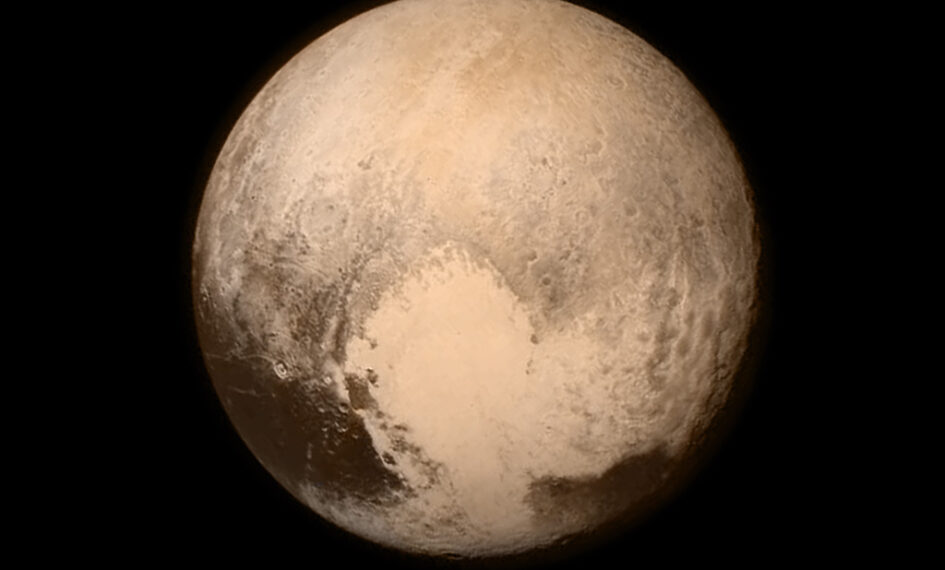- Definition: A planet is a celestial body orbiting a star or stellar remnant that is massive enough to be rounded by its own gravity, is not massive enough to cause thermonuclear fusion, and has cleared its neighbouring region of planetesimals. In our solar system, planets are the major celestial bodies that orbit the Sun, such as Earth, Mars, Jupiter, etc.
- Etymology and Origin:
- The word “planet” comes from the Greek “πλανήτης” (planētēs), meaning “wanderer.” This reflects the ancient observation that planets moved across the sky relative to the fixed stars.
- Ancient Greek astronomers, including Ptolemy, observed these “wandering stars” and charted their movements. Unlike stars, which maintained fixed relative positions, planets seemed to move in a unique path across the sky, which led to their distinctive categorization.
- The concept of what constitutes a planet has evolved over time, especially with the advancement of astronomical technology and theory. The definition of a planet, as understood today, was refined and formalized by the International Astronomical Union in 2006, especially following the discovery of several objects in the solar system similar in size to Pluto.
The term “planet,” originating from the Greek term for wanderer, encapsulates the unique movement of these celestial bodies as observed by ancient astronomers and reflects the evolving understanding of the universe in both ancient and modern astronomy.




1 comment